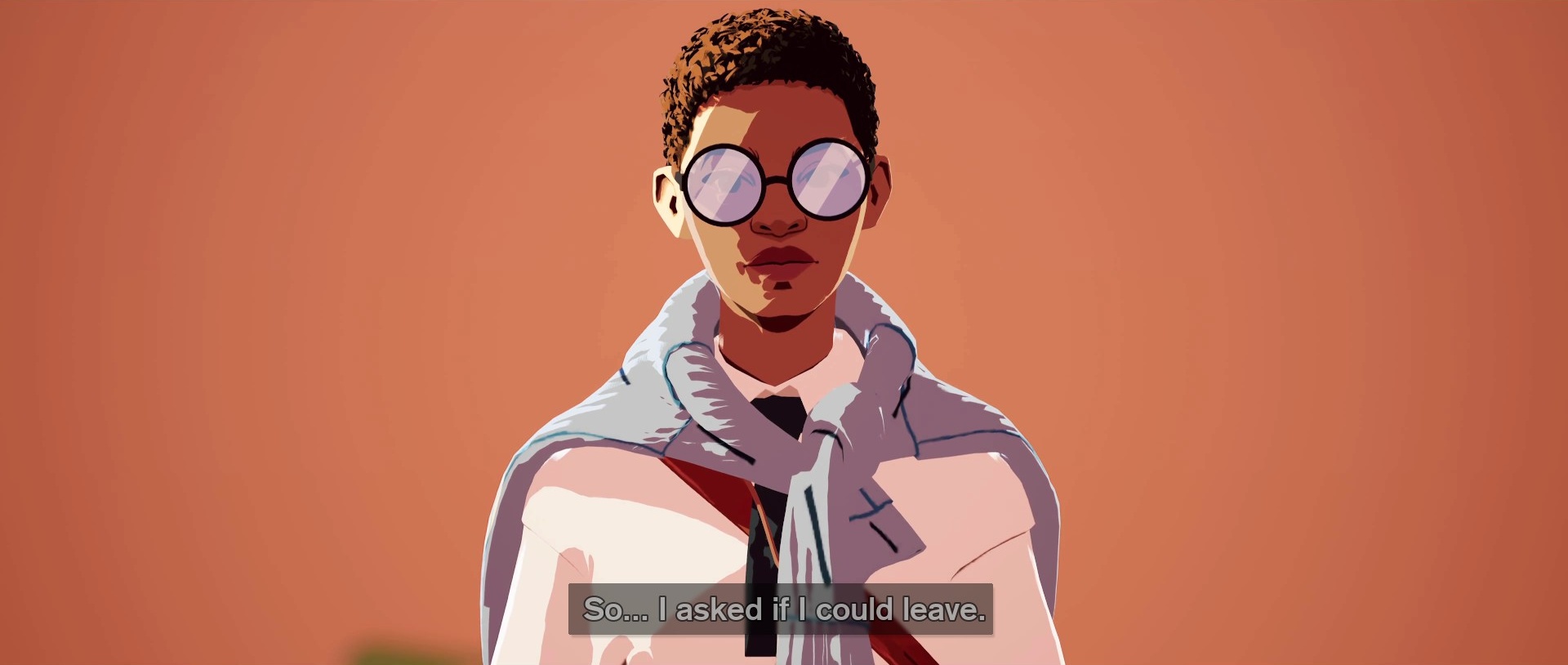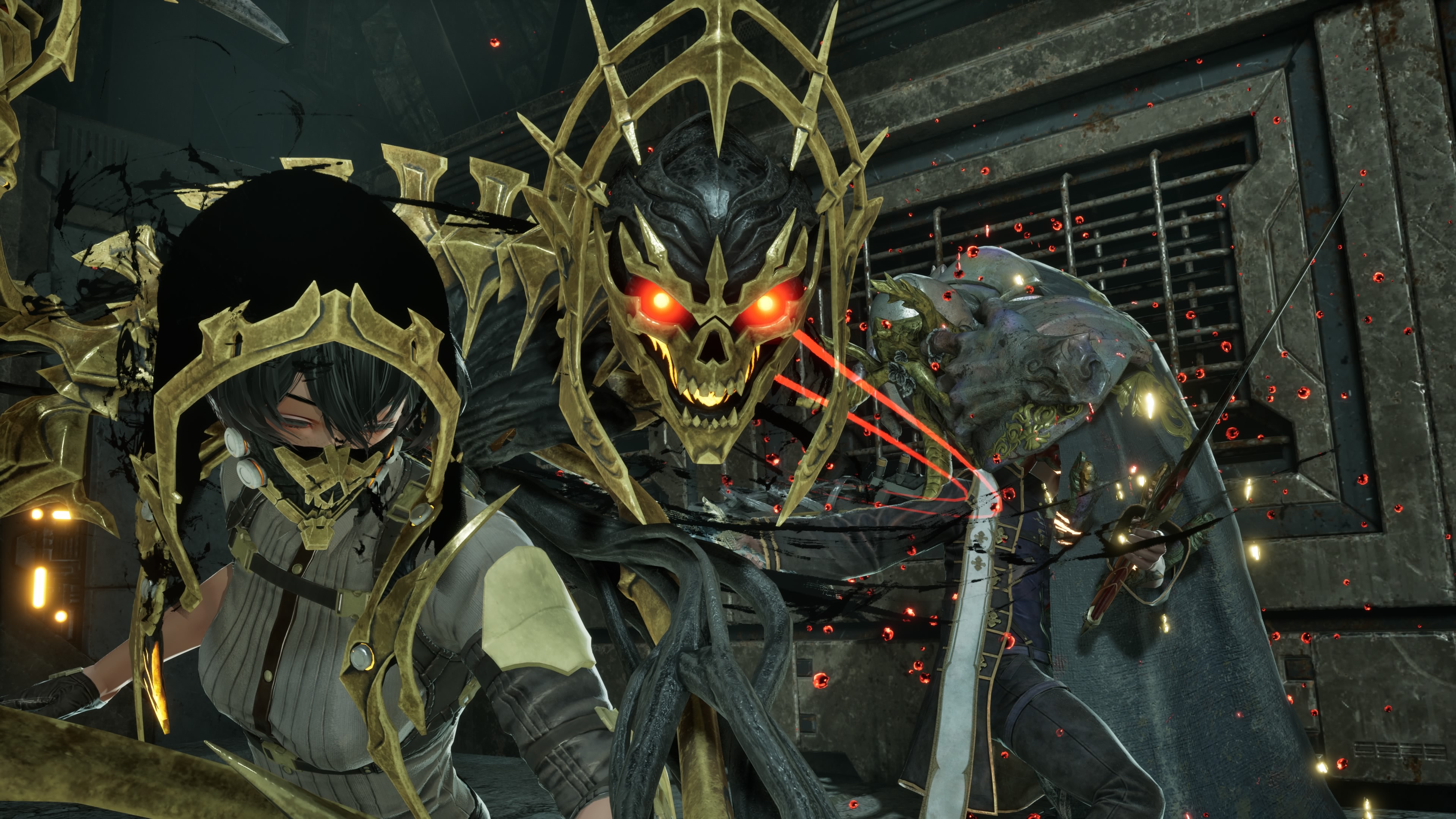Our Verdict
A gorgeous world is denied a chance to tell its own tale.
PC Gamer's got your back
There's nothing I love more than a game world that wants to tell me a story, but it's rare that I'm the one asked to do the telling. Season: A Letter To The Future has a vast horizon when it starts, painting a fascinating post-apocalyptic-ish setting where the player is tasked with documenting what they find. Yet the more I travel through Season, the more its vista shrinks, taken up instead by the story its narrator wants to tell and leaving no room for my own exploration.
What is it? A narrative adventure game
Expect to pay: £20.99 / $25
Release date: January 31, 2023
Developer: Scavengers Studio
Publisher: Scavengers Studio
Reviewed on: 64-Bit Windows 10, Nvidia GeForce GTX 970, Intel i7-4790K, 16GB RAM
Multiplayer? No
Steam Deck: Unverified
Link: Steam page
The starting promise is a tantalising one. Season begins with a character at some point in the future opening a journal, the one our narrating protagonist is about to embark with and begin to fill. This unnamed protagonist has been raised in an isolated mountain village and wants to journey out to capture the world's current "season," an era, before the next one comes along. There's something cosy in this opening as you prepare to set off. The narrator's mother carries it, thanks to a voice performance infused with warmth and encouragement. Together you create a pendant, infused with memories, to protect you on this journey.
Season is a game obsessed with memory. The world is littered with remnants of the past and bears the hallmarks of post-apocalyptic fiction, but people continue to live and flourish in this world. Yet you're focused on deciphering the past, capturing cultures gone or fading. Whether that's through graffiti or religious shrines, you are trying to provide a thorough snapshot of a place and time. To do this you have three main tools: a camera, an audio recorder and the journal. With these you will be compiling as much as you can about what you see.
The bulk of the game takes place in a large valley which you can openly explore, on foot or on your little dinky bicycle, visiting key points in any order. Every time I'm set loose over a hill or down a slope, my heart swells with the excitement of what's to come as I glimpse distant statues or the rising smoke of a hidden cottage. It's a game world for the kind of people who like poking around, getting a sense of life from fictional places. I could lose hours just studying every inch of a village or a single pub in The Witcher 3: Wild Hunt, and Season caters to that desire, building the whole experience around curiosity. Everywhere you visit has a lovely handcrafted quality about it. Each locale is convincingly lived in, with dozens of little props and a sense of their day-to-day life, whether it's a rural farm or an artist's junkyard.
Except my every attempt to connect with the world, to let it enter my imagination and take on a life of its own, was interrupted by a narrator who, frankly, just would not shut up.
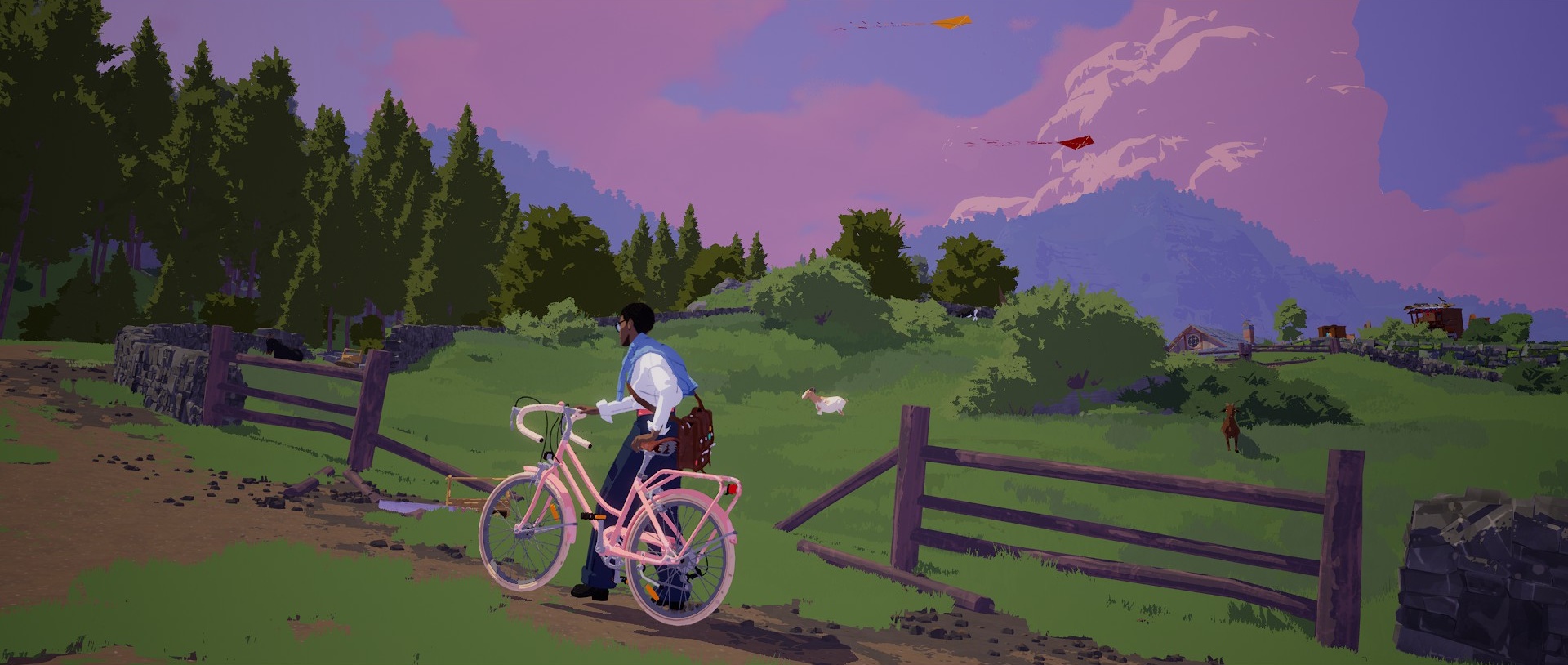
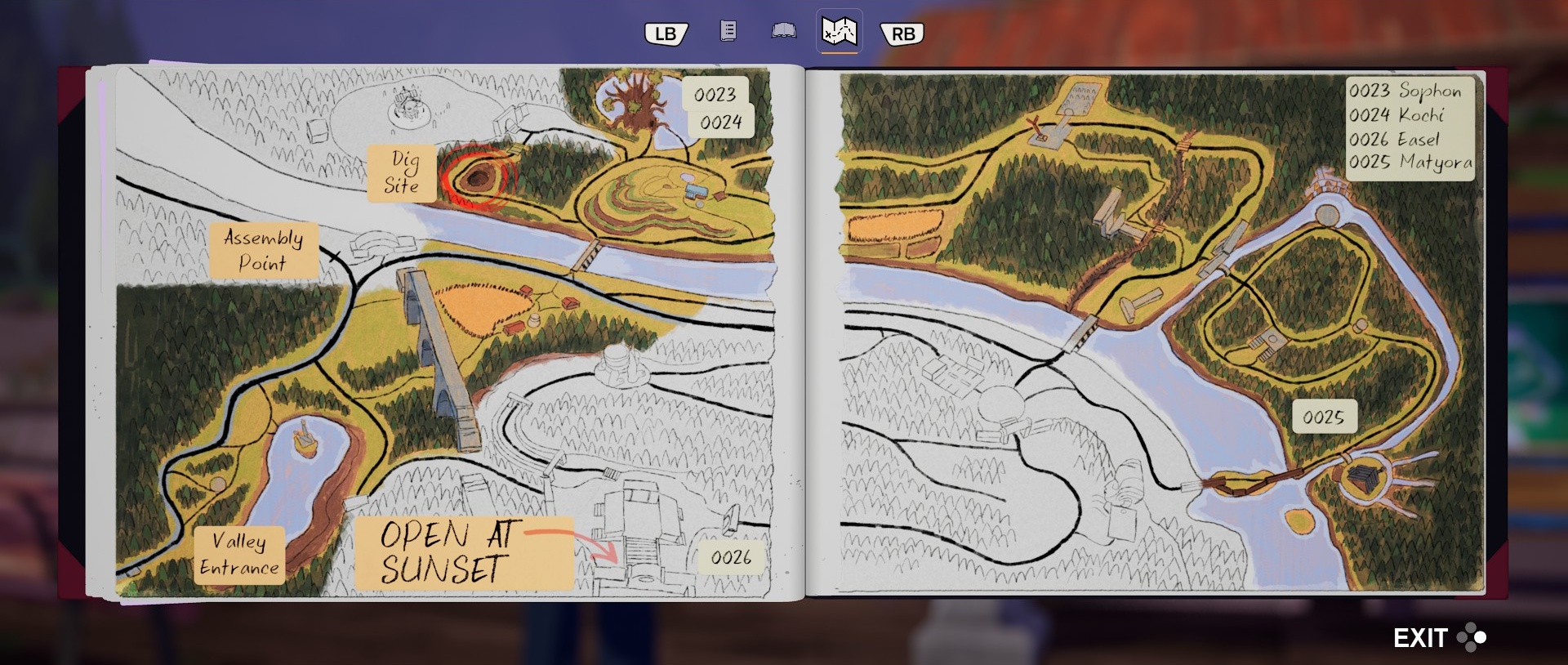
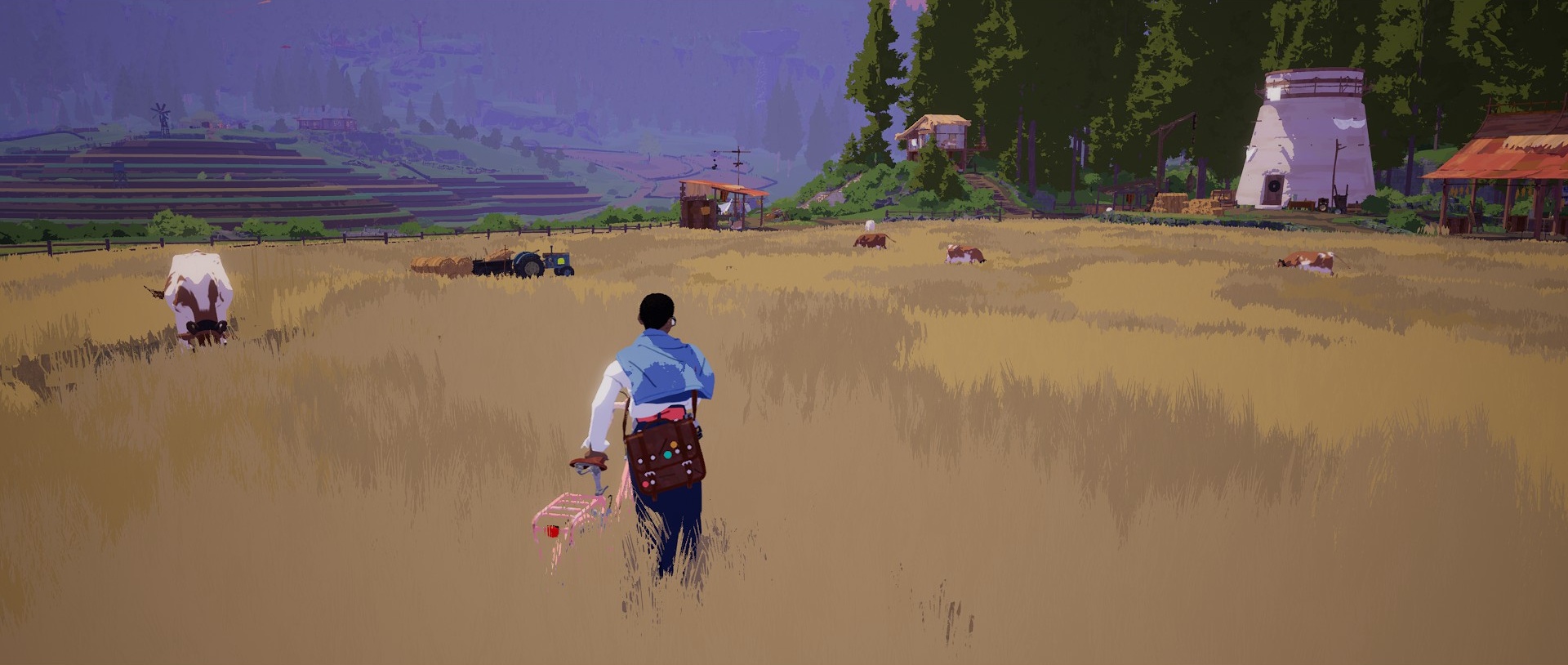
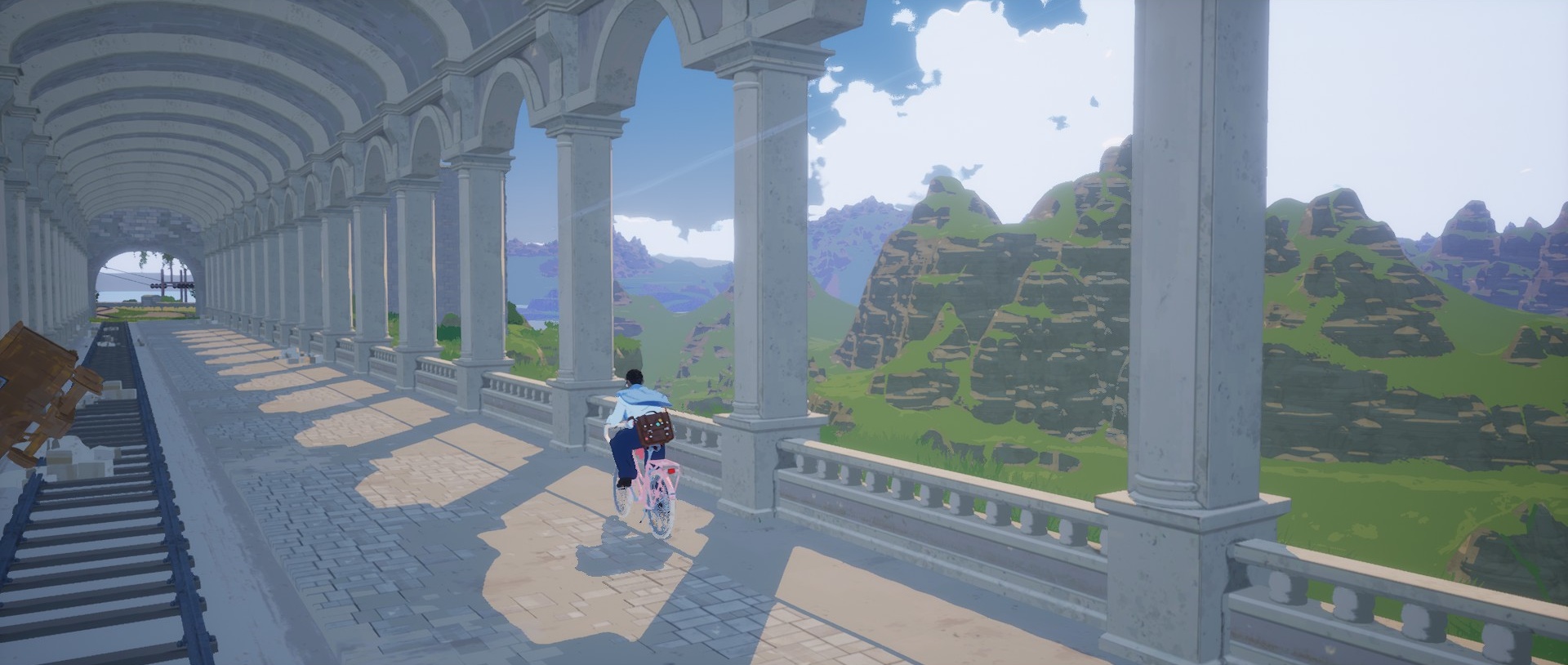
The games that Season pulls from rely on "less is more." Shadow of the Colossus, Journey, and very recent games like Sable and Lake invest in captivating landscapes because they trust them to tell their stories. Season is a bit too ponderous for its own good, reluctant to let me have a thought for myself before the narrator pipes in with theirs. It feels like it wants to take me on a meditative journey, but it never leaves enough room in its story for us to breathe.
Our narrator comments on every object, every sight and sound, as if Season is afraid of what anyone might think if left to come to their own conclusions. A world, built by so many people, wasted by one who refuses to get out of its way. I couldn't help but think about the allegations of sexual and verbal harassment regarding former studio creative director Simon Darveau, who remained at Scavengers Studio until January 2023. A dark cloud hanging over the whole game.
Keep up to date with the most important stories and the best deals, as picked by the PC Gamer team.
A lot of dialogue doesn't have to be a problem, but Season is quite one note. Unlike Sable or Lake, Season is humourless in its dialogue and not very playful in its exploration and the endless chatter really starts to drag things down. Its melancholy tone is potent but without any respites of joy or warmth, Season starts to feel like a parody of itself.
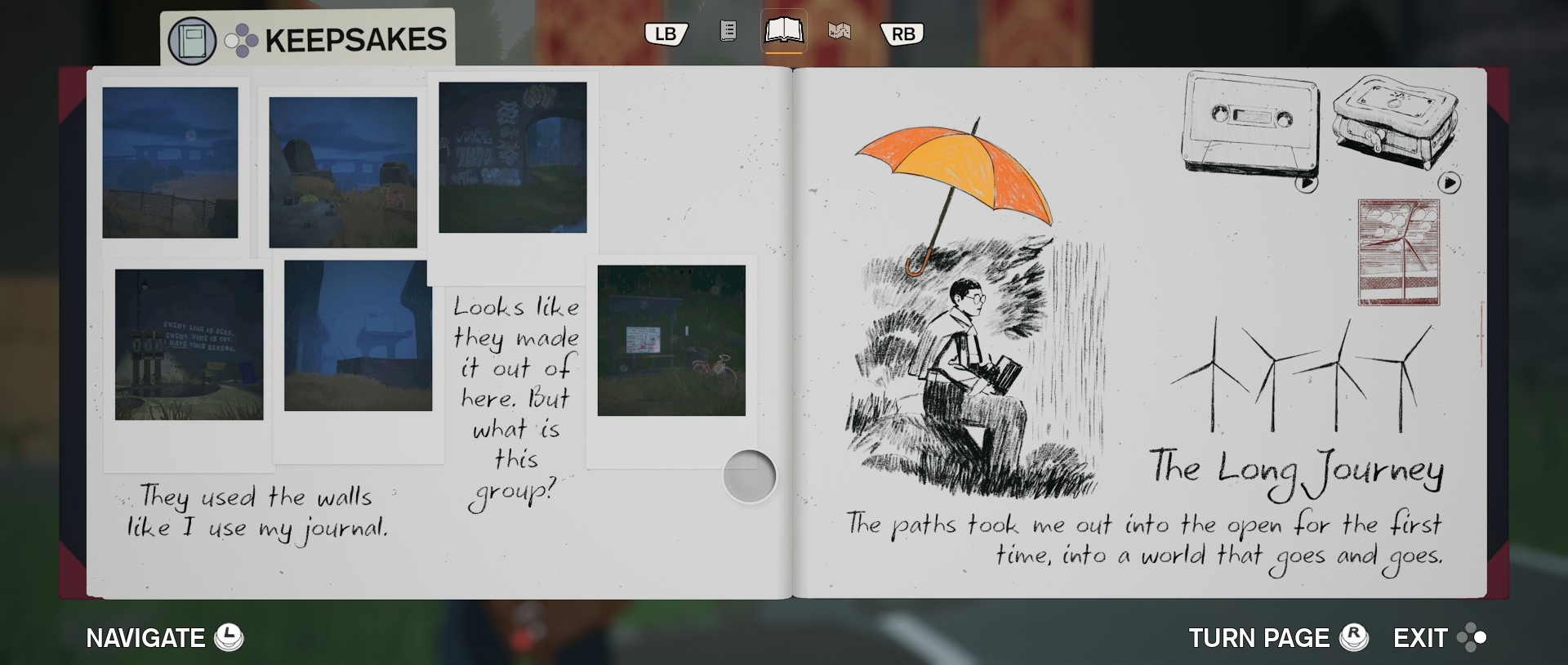
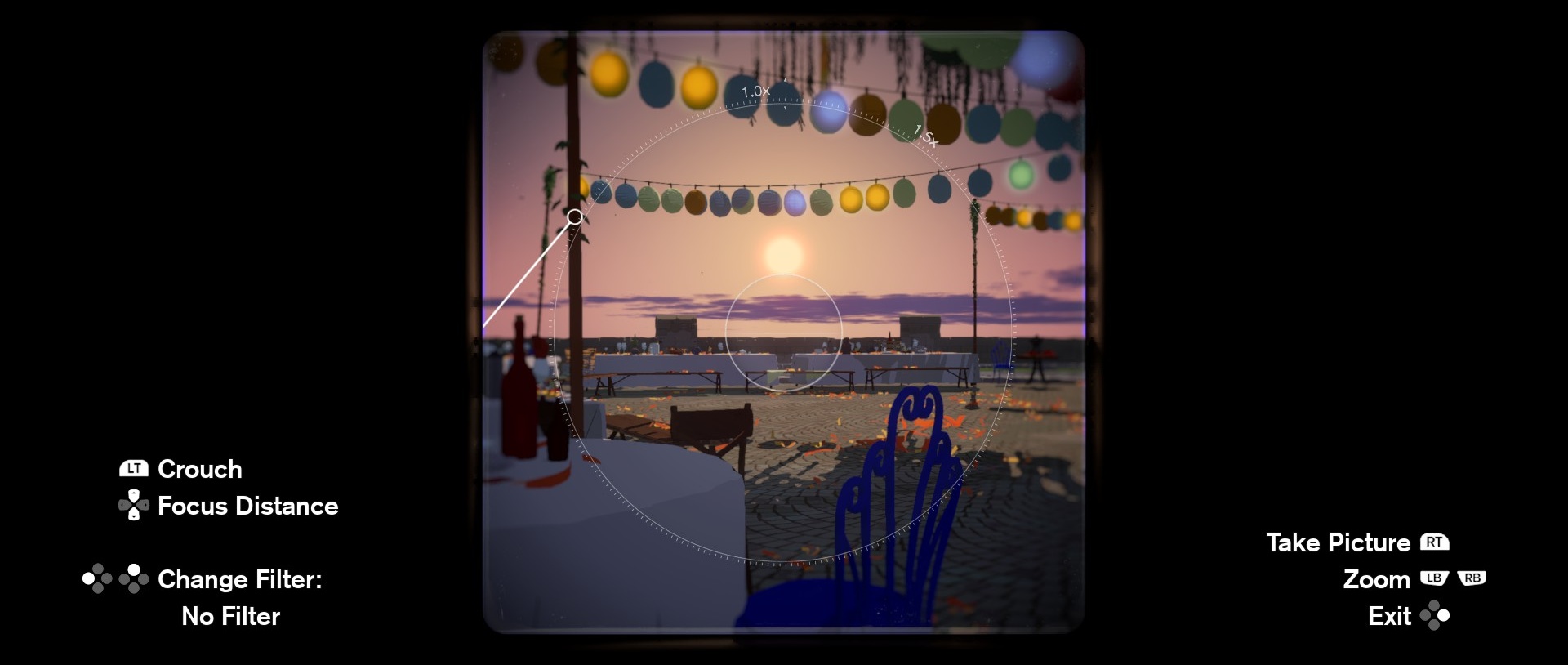
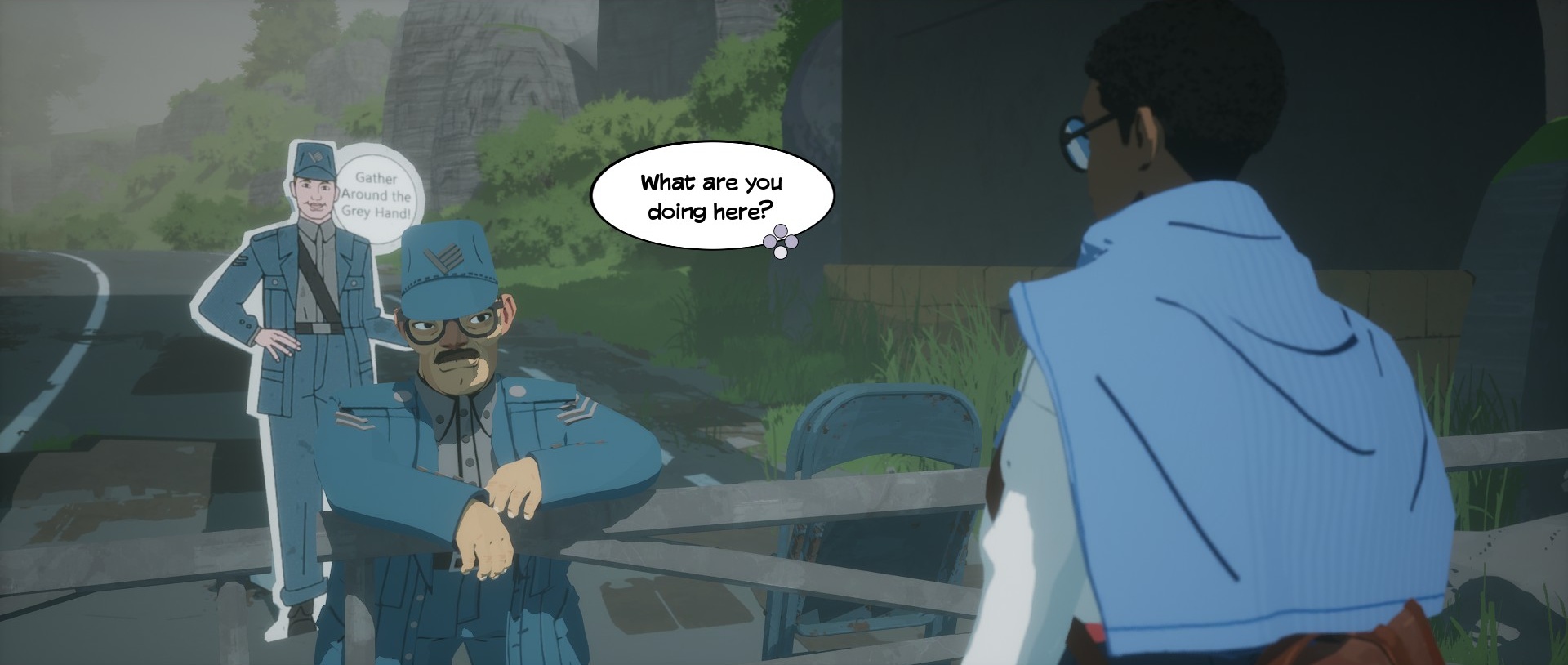
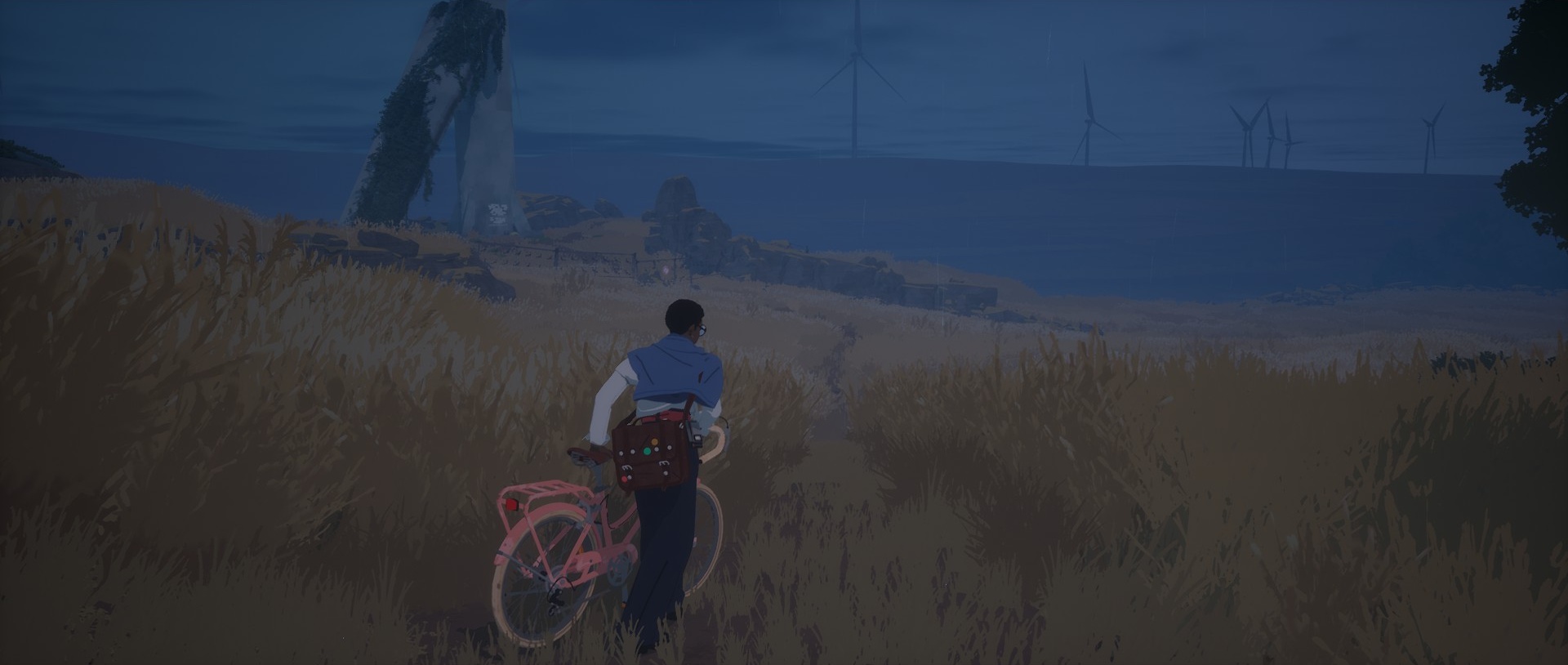
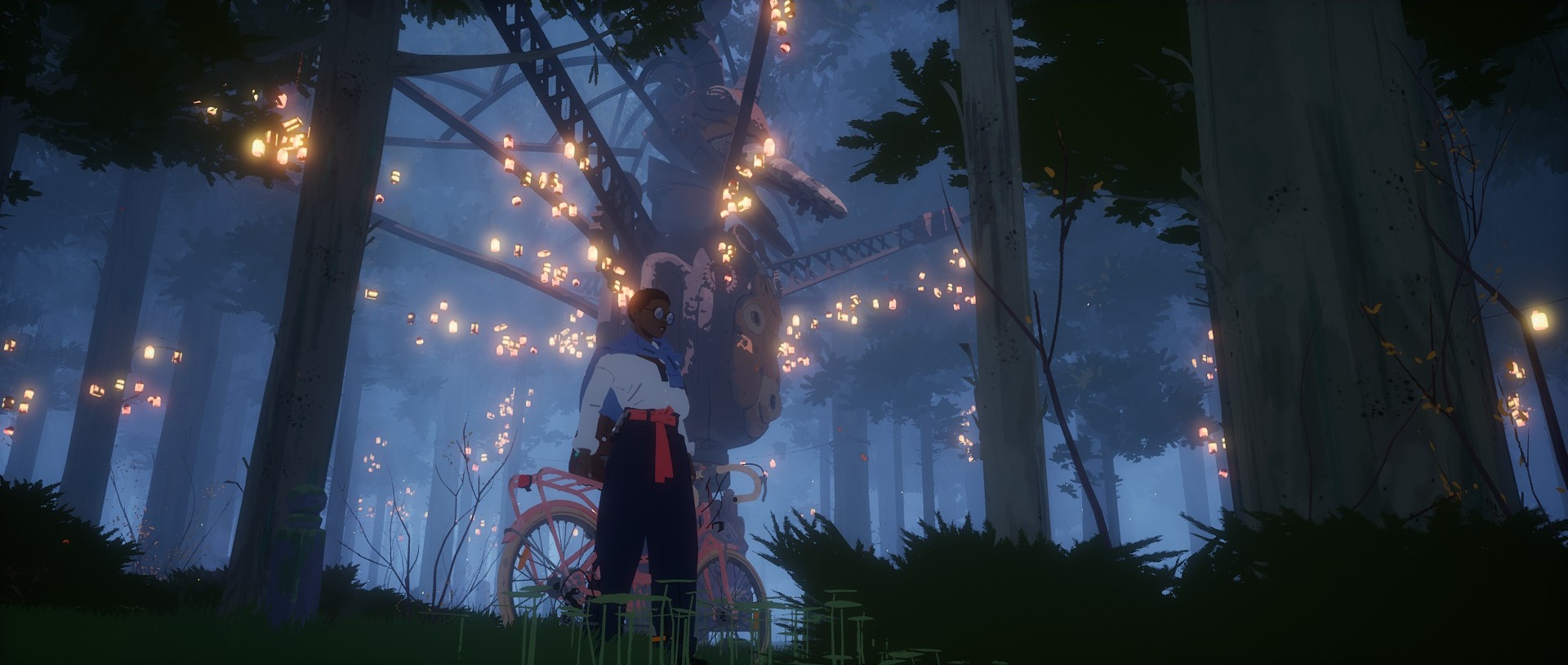
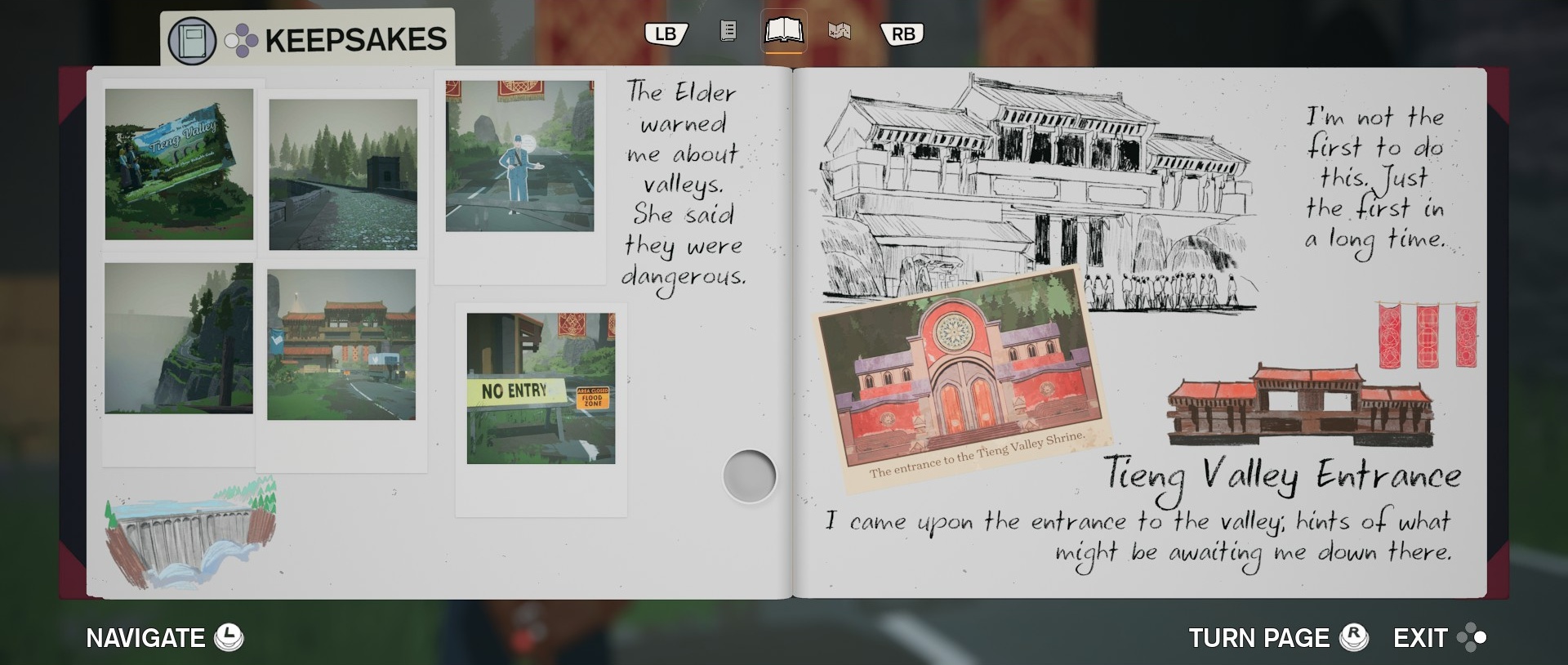
The kind of game you might make if you wanted to mock the earnest sensibilities of walking simulators. I don't know if I'd go so far as to say it's pretentious, but it is overeager. Perhaps that's appropriate for a game about a sheltered, youthful traveller.
I did relish taking great care of the little journal I was curating. You get to choose what goes in and where, from pictures and audio samples, to sketches and knick-knacks found along the way. I fixated on the layouts, trying to be thorough without just cramming in everything. By the end of the game I was so proud of the book I'd put together, in spite of so much of my exploration being drained of all mystique. Even when a bug wiped all my save data several hours in (an issue that has since been resolved, at least) I still painstakingly put together that journal a second time.
While its overbearing narrator robs Season of the wonder and meditation it so clearly aspires to, I still managed to find a little of my own. I just wish its letter to the future was one I got to write, rather than one I only got to carry.
This review was updated to reflect that Simon Darveau was the creative director for Scavengers Studio, not the creative lead for Season. On February 3 the studio announced Darveau left the company in January.
A gorgeous world is denied a chance to tell its own tale.
